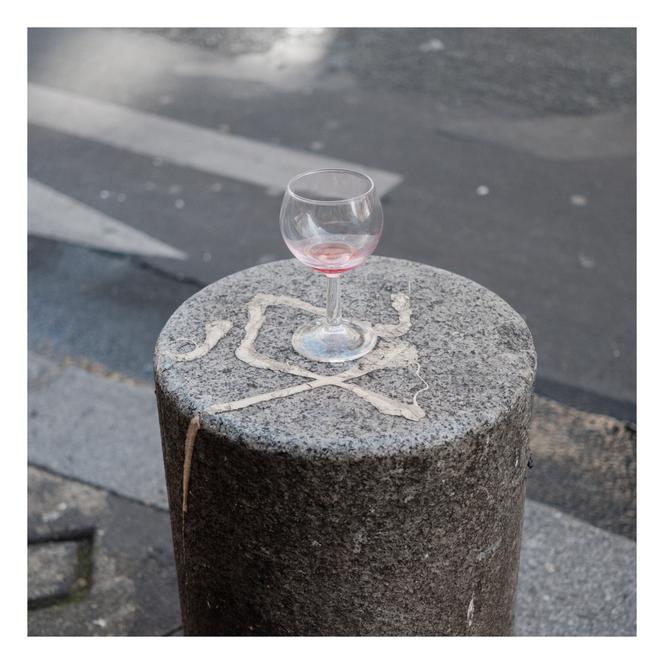
What more to say than the infernal circle ” Desire. Consumption. Repetition ” ? What more can be said about addiction than what seems to have been said and written a thousand times? When the American writer Leslie Jamison began to discuss her plan to write about her alcoholism, she encountered the absent air of her friends. “Ah, this book, they seemed to answer, I have read this book before. “
Released in 2018 in the United States, Stories of thirst. From addiction to rebirth has been hailed by critics, and Leslie Jamison consecrated heir to Joan Didion and Susan Sontag – we think in particular of Illness as a metaphor (Christian Bourgois, 1979). As in his previous work, Empathy reviews (Pauvert, 2016), Leslie Jamison proceeds by crossing autobiography, journalism and self-story without ever losing sight of his question: why write about his alcoholism? It took him eight years to answer it. Eight years to understand why “One more story about addiction” deserved to be written.
“Compelling necessity”
“This book, which required years of research and work, met a pressing need for her”, observes his translator Philippe Aronson. The author’s obsession with alcohol, as a drink and then as a subject for writing, comes a long way. Born in 1983, Leslie Jamison began drinking in her late teens to ” to liberate oneself “. Anorexic, depressed and addicted to cocaine, she is also a brilliant student and a promising writer. After studying literature at Harvard, three years spent in one of the most prestigious writing workshops in the country, the Iowa Writers’ Workshop, and a thesis in literature at Yale, she collaborated with the New York Times Book Review, Harper’s and at Believer.
In Iowa City, she spends her days reading dead alcoholic poets and her nights sleeping with a living alcoholic poet.
In the depths of her addiction, Leslie Jamison is what doctors sometimes call a “functional alcoholic”: she studies, she travels, she writes. In Iowa City, the 17 Pulitzer Prize-winning bestseller factory, exhilarated by the memories of Raymond Carver and John Cheever, she spends her days reading dead alcoholic poets and her nights sleeping with a living alcoholic poet. If his addiction is beyond suspicion for others, it obsesses him. It will be at the heart of his thesis, devoted to addiction and creation in American literature of the 20th century.e century, as well as his first novel The Gin Closet (“The gin cupboard”, 2010, untranslated). The story of a drinking woman that Leslie Jamison wrote while drinking. But it is by choosing to move away from fiction that the darling of American letters finally takes hold of its subject: “Leslie Jamison is not afraid of biographical writing. She made the choice to be part of an American literary tradition well established since the second half of the XXe century: it deals with non-fiction subjects with a fictional intention, considers Philippe Aronson. This is what makes her accessible and not intimidating. It is at the same time very modern, very fresh and very erudite. “
You have 62.14% of this article to read. The rest is for subscribers only.
–


